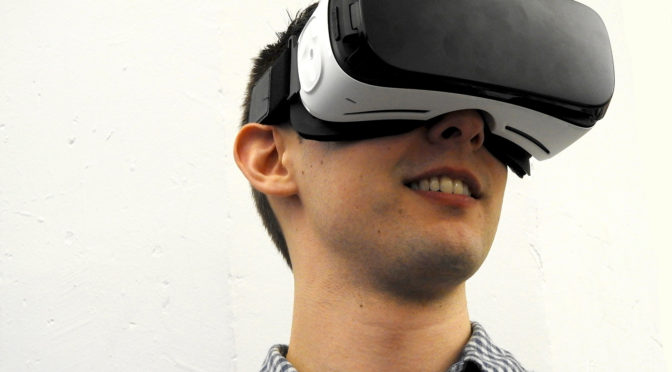As recently reported in Forbes magazine, the 2019 Consumer Electronics Show (CES) featured a number of Japanese firms demonstrating an impressive array of technology innovations aimed at alleviating the cost and strain placed on carers by Japan’s significant aging population.
Japan is estimated to have the highest proportion of elderly citizens of any country in the world, with estimates suggesting that 1 in 3 is aged 60 or over. This phenomenom is known as “super-aging” and is the key reason why Japanese firms have been driven to create products to cater for their growing number of elderly citizens.
An example of such innovation is “DFree”, which is the world’s first wearable device to combat incontinence, produced by the Japanese company Triple W. The product features a sensor which emits ultrasonic scans to monitor and analyze urine levels in the bladder, triggering the sending of push notifications to a tailored app. Other products featured include wearables for early stroke detection and hands-free oral hygiene gadgets.
Ty Takayanagi, VP of Marketing at Triple W, said “We believe technology will become more and more important in the next 10-20 years as seniors become more independent and self-reliant”.
Grace Century President and Director of Research Scott Wold commented “As I have been saying for some time now, the aging population is a worldwide issue. Japan has proactively seized the opportunity to meet aging needs with technology, as demonstrated by the strong presence of their healthcare tech innovations at CES”.



